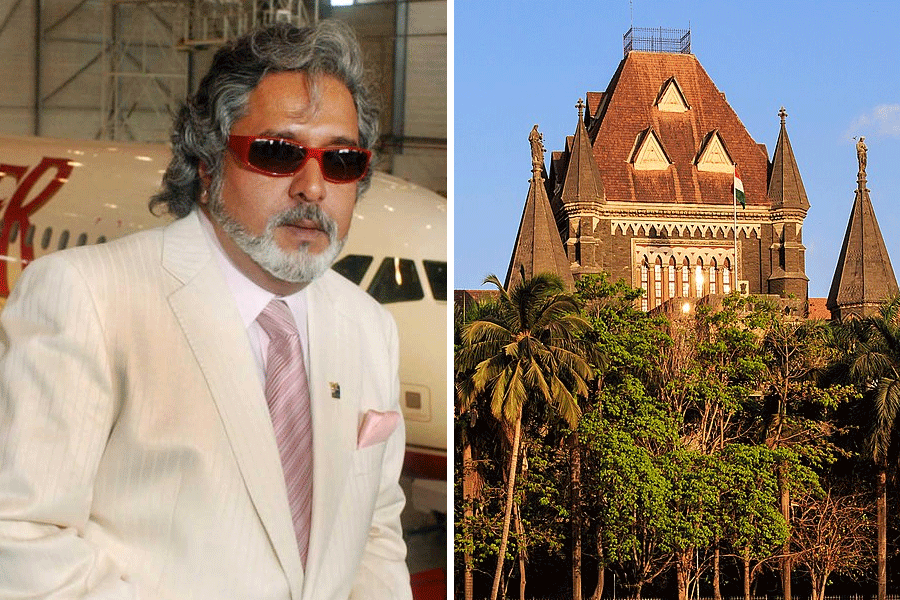 |
| Health minister Hemlal Murmu (from left), health secretary AK Sarkar and NRHM director Aradhana Patnaik release the mother-child programme card in Ranchi on Monday. Picture by Hardeep Singh |
Ranchi, July 4: Expectant mothers, the government will wheel you to a safe delivery.
The state rural health mission today kicked off its ambitious referral transport system, Mamata Vahan, to ferry pregnant women to the nearest health centre or hospital within 30 minutes, free of cost.
Flagging off an ambulance from the capital’s sadar hospital, state health minister Hemlal Murmu said that the service “will prove to be a benchmark in eradicating maternal mortality in the state”.
“The number of failed deliveries has come down in the last 10 years. In 2001, per 1,000 pregnant women, 371 deaths were reported only because expectant mothers couldn’t reach the hospital on time. Today, the number is down to 312. Mamata Vahan will ensure safe deliveries in health centres and push mortality rate further,” said Murmu.
Health secretary A.K. Sarkar, state National Rural Health Mission (NHRM) director Aradhana Patnaik, deputy commissioner K.K. Soan and health practitioners were also present.
A 24-hour call centre (helpline: 0651-3241679) has been set up at sadar hospital where one can place a request for vehicle service, she said.
“The government will pay the vehicle owners as per an agreement. The vehicle will reach the patient in less than half an hour,” Patnaik said, adding the referral transport system was being launched in phases.
“We launched this service in Ratu, Chanho and Mandar of Ranchi district today. Altogether 30 vehicles — 26 private and four government ones — have been pressed for this service with each block having access to 10 vehicles,” she said, adding it would start in Khunti within a fortnight.
“In other districts, the service will start in a couple of months. Groundwork such as vehicle mapping and other formalities are on,” Patnaik added.
This apart, NRHM also launched a mother-child protection (MCP) card to help track the health of both.
Elaborating on them, Patnaik said: “It’s a paper-free mechanism. Earlier, auxiliary nurses-cum-midwives registered pregnant women in record books, entering details about the mother-to-be. After childbirth, vaccination data was included. But the MCP cards will be much more comprehensive. Moreover, each card will have a unique code, enabling centralised access.”










